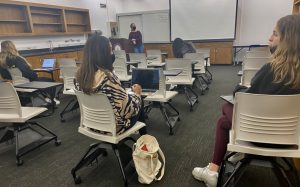
Imagine walking into a class that only has only four other people in it. Now imagine three of your classmates get sick, which in today’s COVID world is more than likely, that would mean you’re flying solo.

What would that be like?
For senior Angelique Acuna, an art history and film studies double major, being in a class that size was pressuring.
“It was nerve racking,” she said. “It’s kind of awkward.”
Small classes are often necessary at Chapman for students in niche majors, making the road to graduation a strenuous path.
According to Norma Bouchard, provost of Chapman, there are currently 65 bachelor’s degree programs offered at Chapman University, but that number occasionally changes due to old programs being phased out and new programs that are started.
However, 14 of these undergraduate majors have less than 30 students, excluding self-designated majors.
Bouchard explained that Chapman, “kept programs that have added one new student a year for a very, very long time.”

Acuna is one of 16 students working towards an art history major at Chapman and one of four in her graduating class.
Lenae Wilson, Wilkinson senior administrative assistant, said that art history is the third smallest major in Wilkinson, the smallest major being religious studies with only six students enrolled.
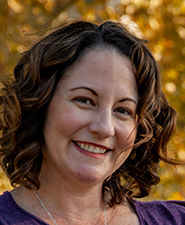
Comparatively, some of the largest majors, such as psychology, have over 600 students in them, with the largest undergraduate program, business administration, having an enrollment of 1,667 students.
Because of the abnormally small number of students in Acuna’s majors, creating her schedule for her last semester has been frustrating.
“It was a lot of communicating with my advisors to see what classes that I can supplement, so I can graduate on time,” she said.
Similarly, Ethan Slade, a junior electrical engineering major, has to meet with his advisors before scheduling classes for each semester because his major is new and some of the classes needed for graduation don’t exist yet.
“They tell me what classes are available and required to take with no leeway,” he said. “I kinda just do what they tell me to do.”
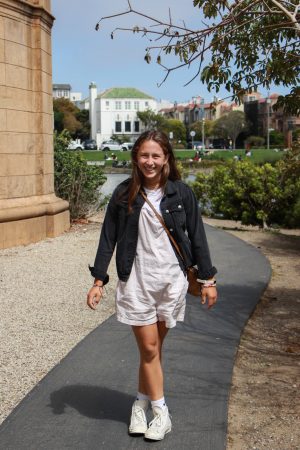
Sophie Pelton, a sophomore computer engineering major, could have the same struggles if she can’t get into the prerequisites that she needs early on.
“I feel like some of it makes course registration kind of scary if you don’t get that class because I would have to take it the next year,” she said. “It’s usually a prereq for another class and it’s a little stressful and it’s really easy to fall behind.”
Another difficulty these students encounter as part of a small major is lack of resources.
Slade is frustrated with how little resources his smaller major receives compared to the larger more developed majors.
“People in larger majors can go into the tutoring center and any one of those people will pretty much help them out, but it’s difficult to find people to help with a major as small as mine.”
Pelton relayed similar frustrations about the lack of students in her major.
“Having less people in my major makes it more difficult to find help, even from my friends,” she said.
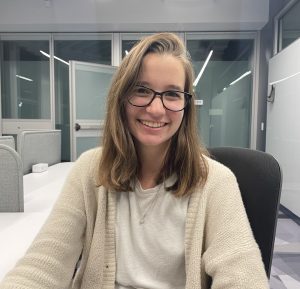
However, Evelyn Lawrie, a Spanish and computer science double major, feels she has enough resources.
“I really like that it’s a small thing. I get to know most of the people and the professors that are in it,” said the sophomore. “It’s nice to have that tight knit community and there’s still enough like resources within it that it doesn’t feel too small.”
Some of the colleges within Chapman are planning to increase their presence.
For example, the world communication major in the school of communication has about 30 students. But, according to M. Andrew Moshier, the dean of the school, it plans to grow the major to about 100.
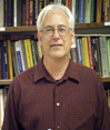
The College of Performing Arts (CoPA), on the other hand, doesn’t plan to grow its majors.
“We like the size we have and we are working on selectivity rather than expansion, since right now we like the individual attention we can offer the students,” said Giulio M. Ongaro, the dean of CoPA.
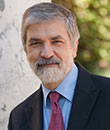
Nevertheless, some of the schools may need to grow their smaller majors faster.
“It is pretty difficult to find classes, especially when there’s only one section,” said Acuna. “Multiple times classes I needed to take got canceled due to lack of faculty.”
Slade is facing a similar challenge, and thinks his major is lacking in professors that understand the material he needs to learn.
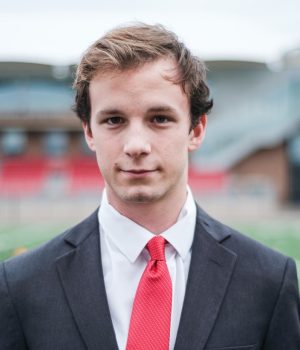
“We have a few professors that are electrical engineers and they understand what they’re talking about, but the problem is I’m stuck with only these professors,” he said.
The colleges combat these problems by working closely with students, providing them with faculty and peer advisors and advocating for classes with small enrollment continue to be offered, according to multiple Chapman staff members.
CoPA very rarely removes classes if it is needed to graduate by the students taking it.
“They always advocate with the upper administration to keep classes that look small,” said Ongaro.
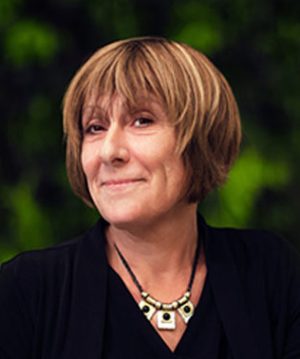
According to Bouchard, as a rule of thumb, Chapman only runs courses with a minimum of 10 students. However, she also stated that Chapman staff does make some exceptions.
“There are going to be classes with less and our students need to graduate and we do what it takes,” she continued.
While these situations can be difficult for those students in small majors, most of those students enjoy the personalized education and personal relationships they develop with their professors.
“I do really love that I can connect with my teachers on a personal basis,” said Slade. “It’s a cool thing because I actually have all of my professors’ numbers, like physical phone numbers, and they all text me and that’s beyond cool.”
Pelton had similar sentiments.
“I had the dean of our school as a teacher in my fall freshman year and that was like a really nice connection to make,” she said. “He remembered me when I came back in person this year, which is really nice when they know your face and they see me around campus and they say hi.”
While Acuna agrees that the connections developed with the faculty are great, she finds the time they are able to allocate to her due to the size of her major just as important.
“Since my major is so tiny, they can dedicate a lot of time to helping me and having that passion for me instead of if we were a larger major, we would need to go to office hours before they could work with us,” she said. “I feel like if my major was any bigger than I wouldn’t get much attention.”
Lawrie intends to take advantage of that attention.
“At Chapman they really value personalized education and the more tight knit community,” she said. “I’d say definitely take advantage of that whenever you can.”
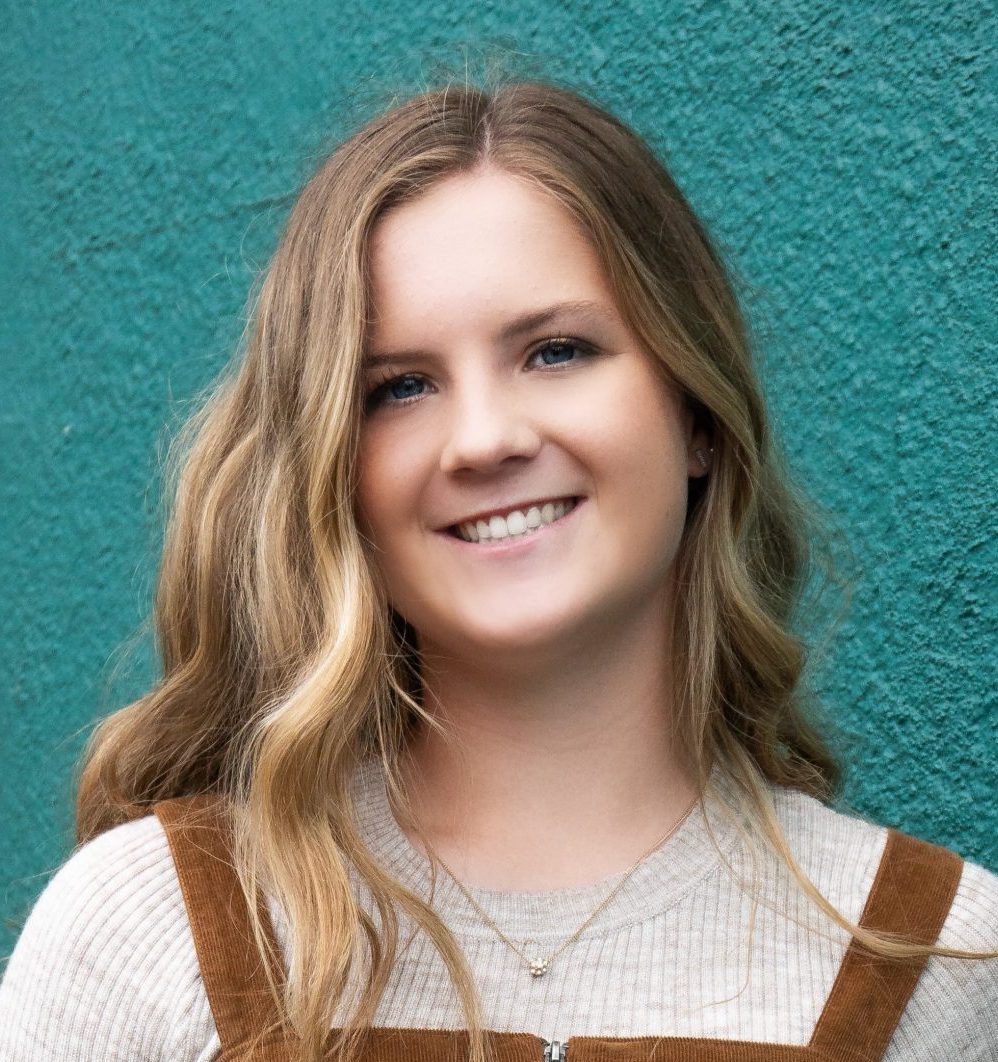
Sydney Scott is a sophomore studying journalism and data analytics. When she isn’t writing, you can find her reading various books, discovering hidden places, or riding her favorite attractions at Disneyland.
Sydney Scott is a sophomore studying journalism and data analytics. When she isn't writing, you can find her reading various books, discovering hidden places, or riding her favorite attractions at Disneyland.
